Pause, Play, Replenish: The Power of Putting Your Well-Being First

The power of mindfulness, friendship, and fun
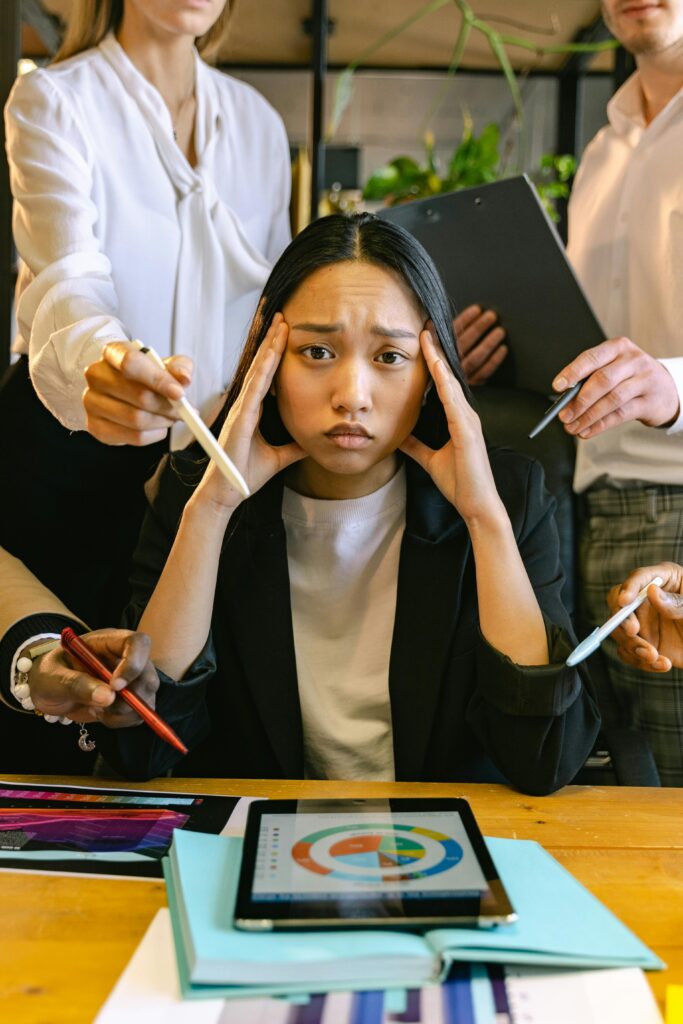
As we move through life, it is natural to become more set in our ways. We find comfort in routine, predictability, and control. And while structure has its place, it can quietly begin to box us in. Without even realising it, we stop trying new things. We prioritise efficiency over joy. We become experts in juggling work, family, household responsibilities, but in the process, we often lose sight of our own well-being and forget what it feels like to just be.
In this constant state of doing, we often forget to check in with ourselves. And that is where the mindfulness comes in, not just as meditation or breathing exercises, but as a conscious awareness of what we truly need. And more often than not, what we need for our well-being is connection, joy, rest, and something that takes us out of the autopilot mode of day-to-day life.
Stress builds silently
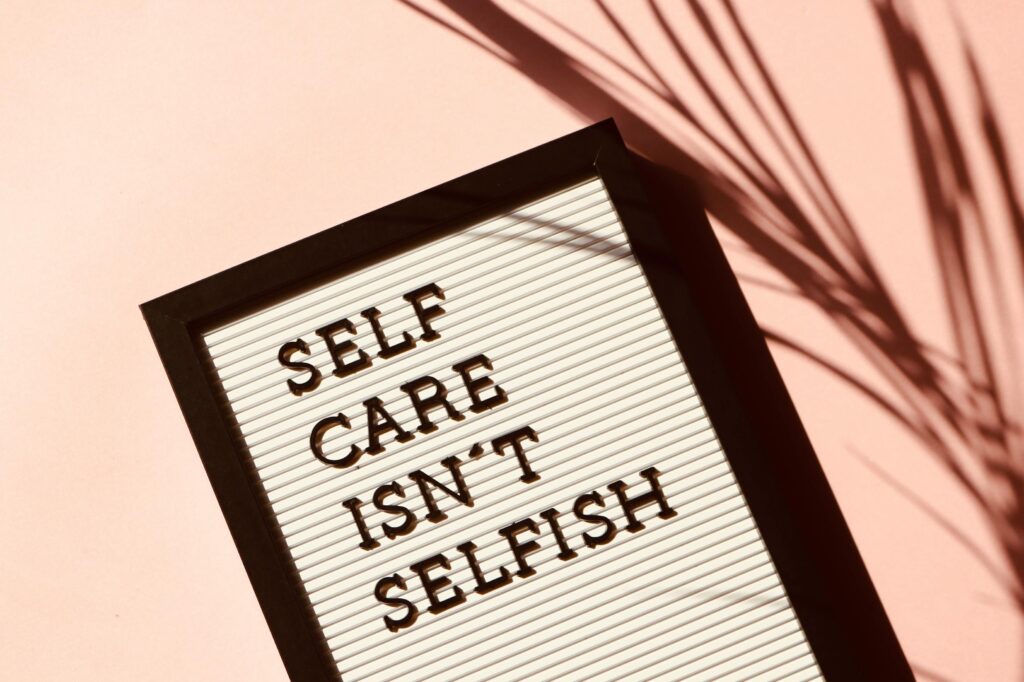
Even when we think we are coping, stress finds its way in. It is in the missed meals, the tense shoulders, the restless nights. And stress is not just a feeling. It is a physiological response that can drive everything from hormonal imbalances to heart diseases, mood swings to burnout.
May is Mental Health Awareness Month—a timely reminder that not all struggles are visible, and that our mental well-being deserves just as much care as our physical health.
Stress is a silent intruder. It often starts quietly, hiding behind ‘I am just tired,’ ‘It is just a busy week,’ or ‘I will catch up on rest later.’ But over time, those little stressors accumulate, until one day, we find ourselves overwhelmed, short-tempered, emotionally drained, or simply feeling… flat.
When stress becomes chronic, it does not just affect your mood, it can impact how you think, how you make decisions, and how you relate to others. It can cloud your judgment, making it harder to see situations objectively or respond with patience. It can lead to self-doubt, irritability, and even feelings of hopelessness. For many, this can become a slippery slope into anxiety or depression, especially if there is no outlet or support in place.
That is why it is so important to tune in early, to recognise the signs before burnout or low mood take over.
We often do a good job of looking after our physical health, eating nutritious foods, getting regular exercise, taking vitamins. But mental health is just as vital. A calm, balanced mind helps us navigate life’s challenges with resilience. It gives us the clarity to make good decisions and the emotional bandwidth to show up fully for ourselves and those we love.
Taking care of your mental health does not have to mean grand gestures. It can be small, intentional acts, such as stepping away for fresh air, spending time with friends who lift you up, asking for help when you need it, or simply giving yourself permission to rest.
This Mental Health Awareness Month, let’s collectively recognise that being ‘strong’ does not mean pushing through until we break. True strength lies in knowing when to pause, when to seek support, and when to make your own well-being a priority.
Stress may build quietly, but with mindfulness, self-awareness, and compassion, we can make sure it does not take root.
Fuel your soul, not just your to-do list
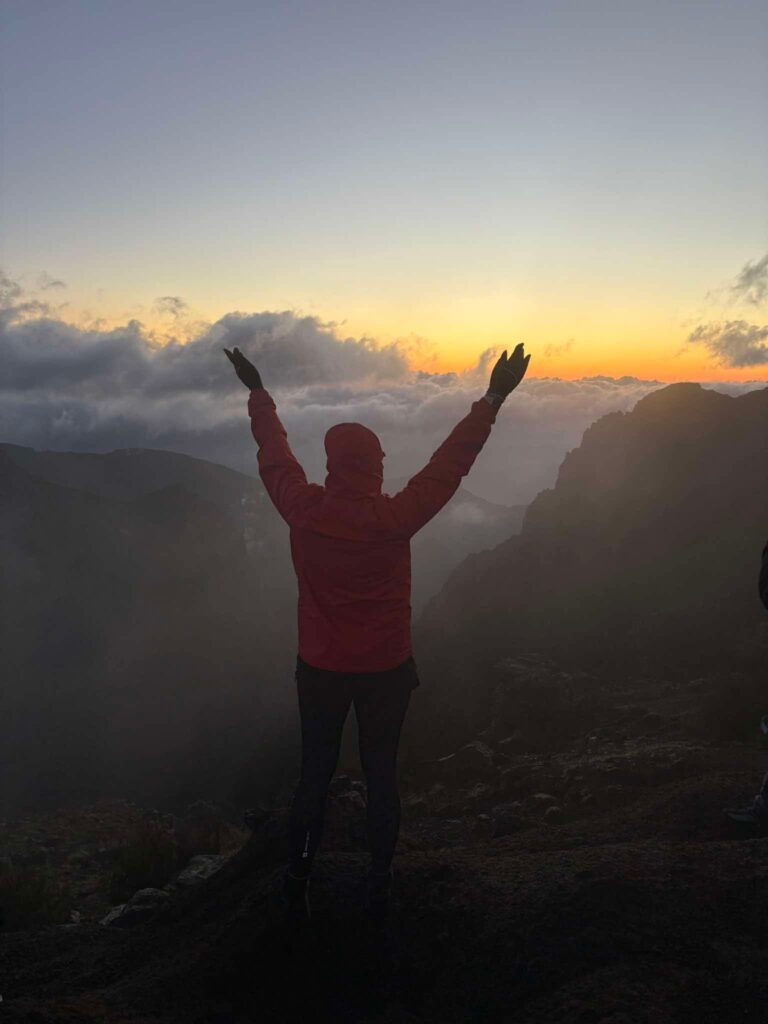
Spending time with friends, trying new experiences, being playful or adventurous—these are not luxuries. They are lifelines. When was the last time you really laughed, stayed up late chatting without checking the clock, or said yes to something spontaneous?
As we age, it is easy to lose that lightness. We think we need to ‘grow up,’ to be serious, responsible, put everyone else first. But here is the truth: you cannot pour from an empty cup. Recharging your energy mentally, physically, and emotionally is not selfish. It is essential.
Sometimes, the best thing you can do for your family is to step away for a moment. To take that long weekend with friends. To go on that yoga retreat. To say yes to that art class or overnight stay in the countryside. Let the people around you miss you. Let them realise how much you carry. And let yourself remember that you are more than just the roles you play.
But it does not need to be as big as going away. You can start by taking small steps. It could be as simple as catching up with a friend over coffee, reading a book that makes you feel inspired, picking up a hobby you have let fall by the wayside, or learning something new just for the joy of it. These little things add up. They restore parts of you that everyday life tends to deplete.
Stepping out of routine brings you back to yourself
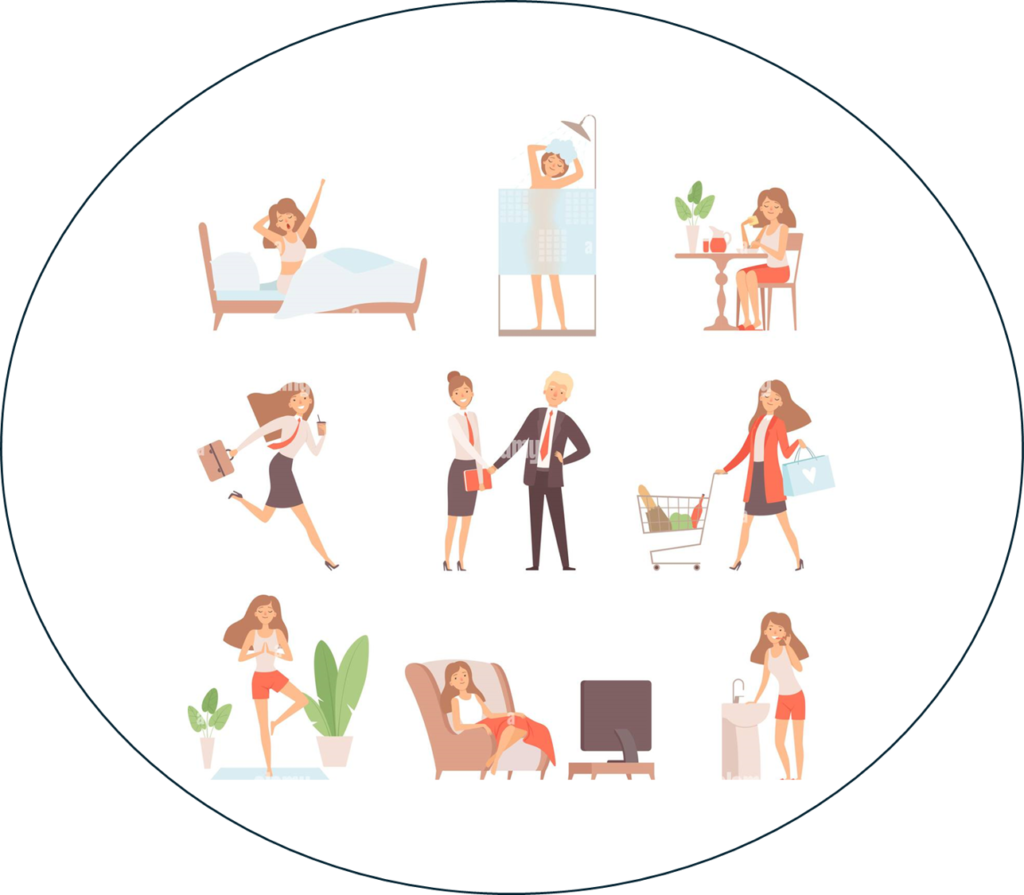
As we age, it is common to experience increasing physical and mental rigidity. Our bodies can become stiffer, and our minds more fixed in routine and habits. While this can feel comfortable and safe, it can also limit our ability to adapt, grow, and maintain a healthy sense of well-being. This can trap us in cycles that hinder our mental and emotional health. It is easy to get stuck in habits that no longer serve us, which may lead to increased stress, anxiety, or feelings of being overwhelmed.
Over time, repetitive routines can dull our senses, limit creativity, and disconnect us from our inner spark. When every day starts to feel the same, it becomes harder to stay present and inspired. We may go through the motions, but inside, we feel stuck, numb, or low, without quite understanding why.
Do not get me wrong, daily routines absolutely matter. But stepping out of routine every now and again is like opening a window to let in fresh air. It reactivates parts of the brain that thrive on novelty, discovery, and joy. New experiences stimulate dopamine, the feel-good neurotransmitter, which helps regulate mood, motivation, and focus. Even small changes like taking a different route to work, trying a new recipe, or exploring a new café can lift our spirits and help reset our mental space.
This is not about making drastic changes or turning your life upside down. It is about making room for you in your day. Giving yourself permission to pause, play, explore. To step away from being constantly productive and instead be present with yourself, your thoughts, your joy.
Mindfulness is about presence and permission
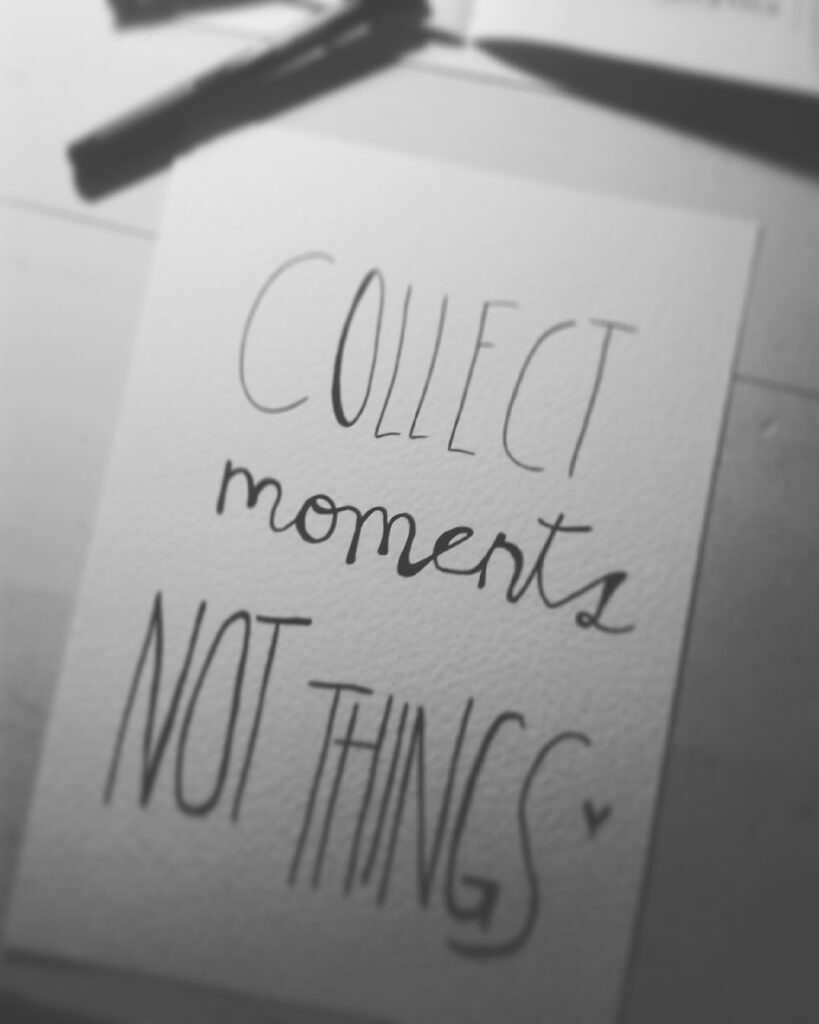
Mindfulness means giving yourself permission to check in. To ask: How am I really doing? What do I need this week, not just to get through, but to feel good while I do? And if the answer is ‘I need a break,’ then then act on it.
You don not need to wait until everything is on fire to step away. By making time now, even just a few hours, you protect your well-being in the long run. You model healthy boundaries for your children. You come back to your life with more energy, creativity, and calm.
Mindfulness is not one-size-fits-all. What brings calm and clarity to one person might not do the same for another and that is okay. The key is learning to listen to yourself and discovering what truly helps you feel grounded and at peace. Find pleasure in small things.
For me, mindfulness often looks like movement. Running around the park or playing field hockey — those are my moments of bliss. Even when I am physically tired, I feel mentally rested. Because I spend most of my day sitting in front of a screen, being active feels like hitting the reset button for both my body and mind.
But mindfulness does not have to be active. I also find deep joy in quiet moments like journaling, reading something that speaks to me, or simply sitting still with a cup of tea. The common thread? Presence. Whatever brings me into the moment, away from distractions and to-do lists, becomes my mindfulness practice.
The same goes for you. Maybe it is painting, dancing, gardening, yoga, or cooking. Maybe it is unplugging from your phone and just being.
It might take some time and experimentation to figure out what fills your cup. At first, it might even feel uncomfortable to slow down or carve out time just for you, especially when life is demanding. But with practice and perseverance, these moments will start to feel less like a luxury and more like a necessity. And over time, your body and mind will thank you.
So, give yourself permission to explore. Try new things. Listen inward. And when you find what works, honour it. Make space for it regularly. Because mindfulness is not a trend — it is a lifeline.
Let it be your sign
- Book that trip. Make that plan. Try that new thing you have been thinking about. Because when you start making time for you, everything else begins to shift into a healthier, more joyful place.
You are allowed to play.
You are allowed to put yourself first. The world needs you whole—not running on empty.
👉 Check out my post on the positive impact of walking during perimenopause

Pingback: Perimenopause and Skin Changes - vitalityher.com